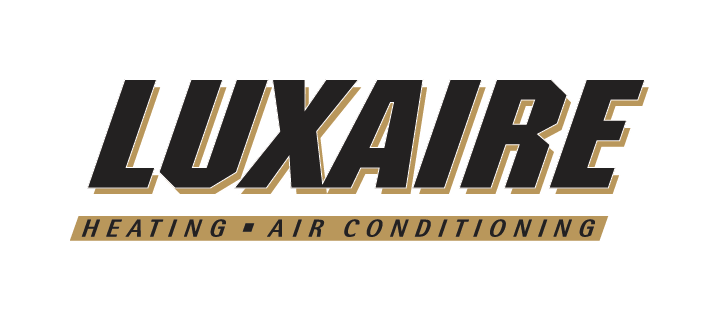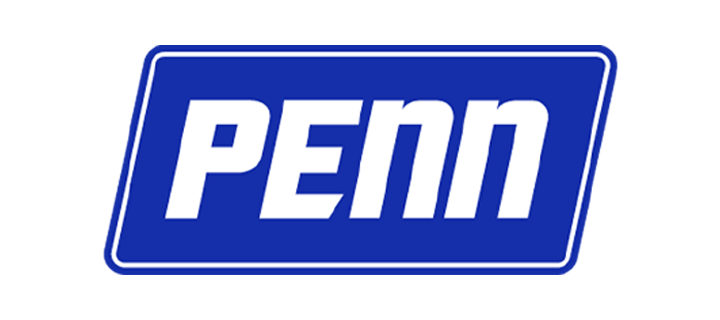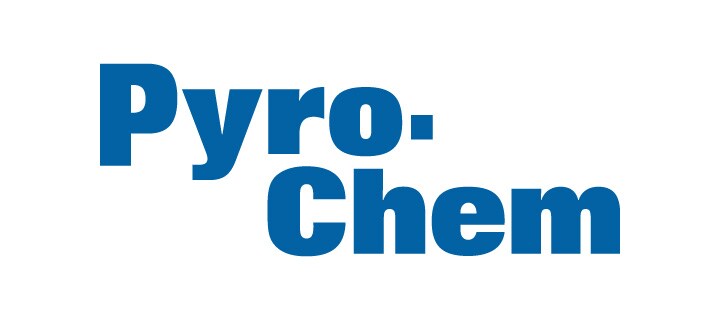How To Extinguish Electrical Fires – A Guide
Electrical appliances and systems are an integral part of commercial and business properties, from office spaces and retail outlets to industrial warehouses and hospitality venues. However, they also come with inherent risks that require specific safety precautions. One of the most crucial aspects of electrical fire safety is ensuring that the correct fire extinguisher for electrical fires is readily available. Selecting the appropriate fire extinguisher can make a significant difference in protecting lives, property, and business continuity.
Understanding how to deal with an electrical fire effectively is essential for businesses across the country. Whether you operate a large commercial building or a small office, fire safety should be a top priority. In this guide, we’ll explore best practices for fire prevention, detection, suppression and response, ensuring that your business remains safe and compliant with fire safety regulations.
Preventing Electrical Fires: Key Precautions
Prevention is the first and most effective line of defence against electrical fires. By taking proactive measures, businesses can significantly reduce the risk of fire hazards within their premises. Here are some key precautions every business should take:
- Regular Electrical Inspections: Ensure that a qualified electrician inspects your building’s electrical systems at regular intervals. Faulty wiring, overloaded circuits, and outdated electrical installations are among the leading causes of electrical fires.
- Unplug Unused Devices: Encourage employees to unplug non-essential electrical devices when not in use to prevent overheating.
- Use Extension Cords Correctly: Extension leads should only be used as a temporary solution. Never overload sockets or connect multiple extension leads together, as this increases fire risk.
- Install Fire Detection Systems: Early detection is vital in minimising damage and preventing fire spread. Fire alarm systems, smoke detectors, and automatic fire suppression systems should be installed and regularly maintained.
- Implement PAT Testing: Portable Appliance Testing (PAT) is a legal requirement in the UK for many commercial premises. This process helps identify potential electrical hazards before they become dangerous.
- Consider Special Hazard Systems: For environments with high-risk electrical equipment, such as server rooms or manufacturing plants, installing specialised fire suppression systems, such as gas-based extinguishing solutions, can provide additional protection.
What to Do in Case of an Electrical Fire
Despite taking precautions, electrical fires can still occur. If a fire breaks out in your business premises, follow these steps to manage the situation effectively:
- Cut Off the Electrical Supply: If safe to do so, switch off the power supply at the mains to remove the source of ignition. This step is critical in preventing the fire from spreading further.
- Remove Oxygen Sources: If the fire is small and contained, limiting oxygen exposure (such as by closing doors and windows) can help suppress the flames.
- Use the Right Fire Extinguisher: A fire extinguisher for electrical fires is essential. The recommended types include:
CO2 Fire Extinguishers: These extinguishers use carbon dioxide to suffocate the fire, making them highly effective for electrical fires without leaving residue.
Dry Powder Fire Extinguishers: These are another suitable option, as they work by smothering flames and preventing re-ignition. - Evacuate if Necessary: if the fire cannot be controlled quickly, evacuate all employees and visitors immediately. Fire safety marshals should assist in directing people to designated fire exits.
- Call the Emergency Services: always contact the Fire and Rescue Service, even if the fire appears to be under control, to ensure that the area is safe.
What NOT to Do in an Electrical Fire
Handling an electrical fire incorrectly can worsen the situation or pose severe safety risks. Here are some critical mistakes to avoid:
- Do Not Use Water-Based Extinguishers: Water conducts electricity and can lead to electrocution or fire spread. Never use a water or foam extinguisher on an electrical fire.
- Avoid Touching Electrical Equipment: Unless you have safely disconnected the power source, do not attempt to move or unplug burning equipment.
- Do Not Use Inappropriate Firefighting Methods: Throwing water, attempting to smother the fire with fabric, or using an incorrect fire extinguisher can increase the danger.
Choosing the Right Fire Extinguisher for Electrical Fires
In the UK, commercial properties are legally required to have appropriate fire extinguishers installed, as per the Regulatory Reform (Fire Safety) Order 2005. It is advisable to have fire extinguishers placed near high-risk areas, such as server rooms, electrical panels, or machinery-heavy zones, to ensure quick access in case of an emergency.
Electrical fires pose a serious risk to businesses and commercial properties, but with the right knowledge, precautions, and equipment, you can significantly reduce the danger. Investing in the correct extinguisher for electrical fires is an essential step in protecting your property, staff, and operations.
For businesses looking to improve their fire safety measures, the Johnson Controls range of CO2 and Dry Powder Fire Extinguishers provides reliable solutions. Explore our full fire extinguisher range here or get in touch with one of our experts using the form below.
























.jpg?la=en&h=320&w=720&hash=244C75B74F0F77521D56164450973BCD)








































